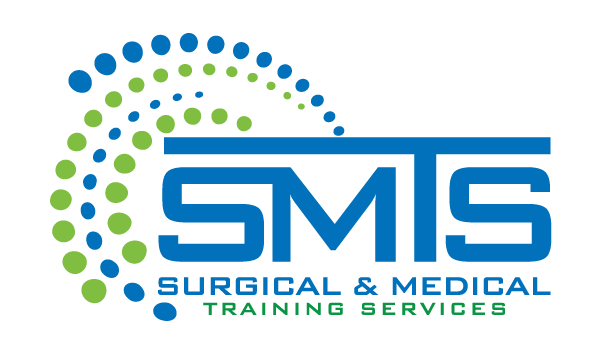The medical community has long appreciated the value of opioid medications. The poppy plant was first used medicinally in 3400 BC and continued to spread from ancient Mesopotamia and Sumer to the rest of the world. Known for powerful analgesic properties, opioid medication also became synonymous with addition. This is not new. German physician Dr. Eduard Levinstein was the first to describe the downside to the popular opiate Morphine. That was in 1877.
If you practice medicine today, you know that we are in a dire situation when it comes to the use of opioids to treat pain. Patients suffering from chronic pain rely on their physicians for relief. They trust that their physicians know or are trying to discover ways to manage pain; to help them regain an adequate quality of life. The use of opioids is controversial not only for doctors but also for their patients, who may be apprehensive to take a drug for fear of addiction. To that end, pain management continues to be a challenge within the medical community.
At SMTS – Surgical & Medical Training Services, we are committed to the progress of various areas of medicine. Pain management, in the face of the current opioid crisis, is an area of importance. Fortunately, it is an area in which progress is being made. We are proud to be involved in this transition from drug therapies to those that are drug-free. In particular, we offer training in cutting-edge modalities such as non-pharmacologic neuromodulation via spinal cord stimulation (SCS).
Neuromodulation is a nonpharmacologic therapy that suppresses the activity of the nervous system for the treatment of pain. The technique in general, and spinal cord stimulation, in particular, has become an efficient and widely used alternative for physicians and patients interested in drug-free pain management. Neuromodulation works by interrupting pain signals as they travel to the brain. In the case of spinal cord stimulation, a small device masks pain signals by delivering electrical pulses to the spinal cord. In clinical studies, spinal cord stimulation has demonstrated safety and efficacy in various situations of chronic pain. Many patients achieve between 50 to 70 % improvement from this modality, which can significantly reduce the need for strong pain medications to which addiction is a concern.
Information and training help doctors serve their patients better. Learn more about spinal cord stimulation training from SMTS – Surgical & Medical Training Services at (888) 801-9444.

